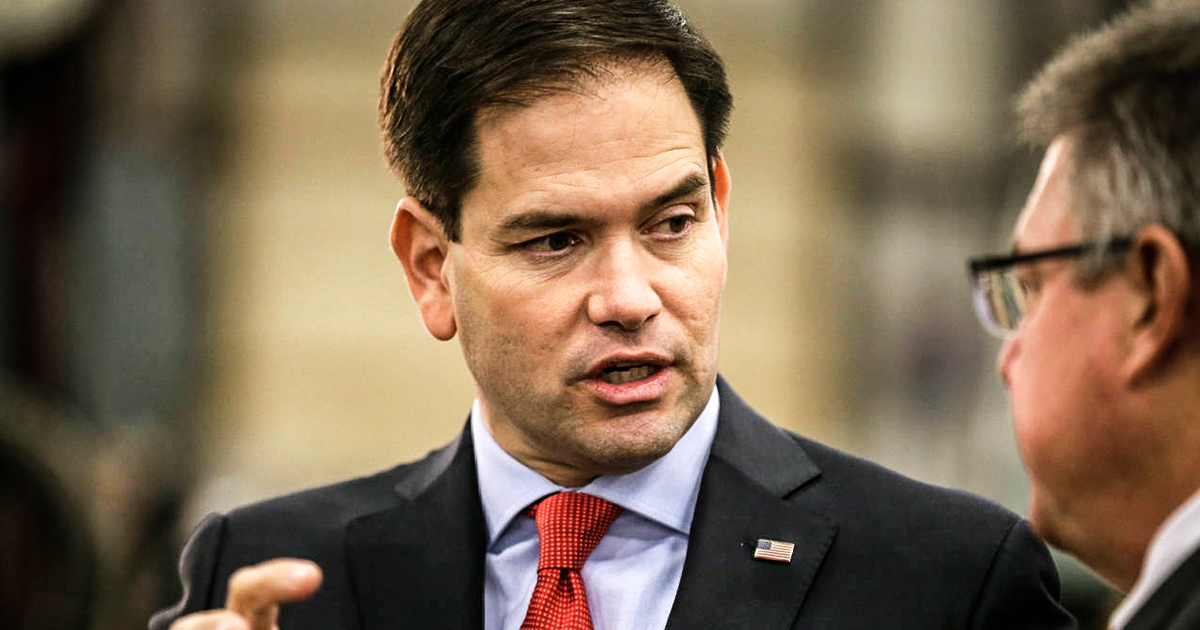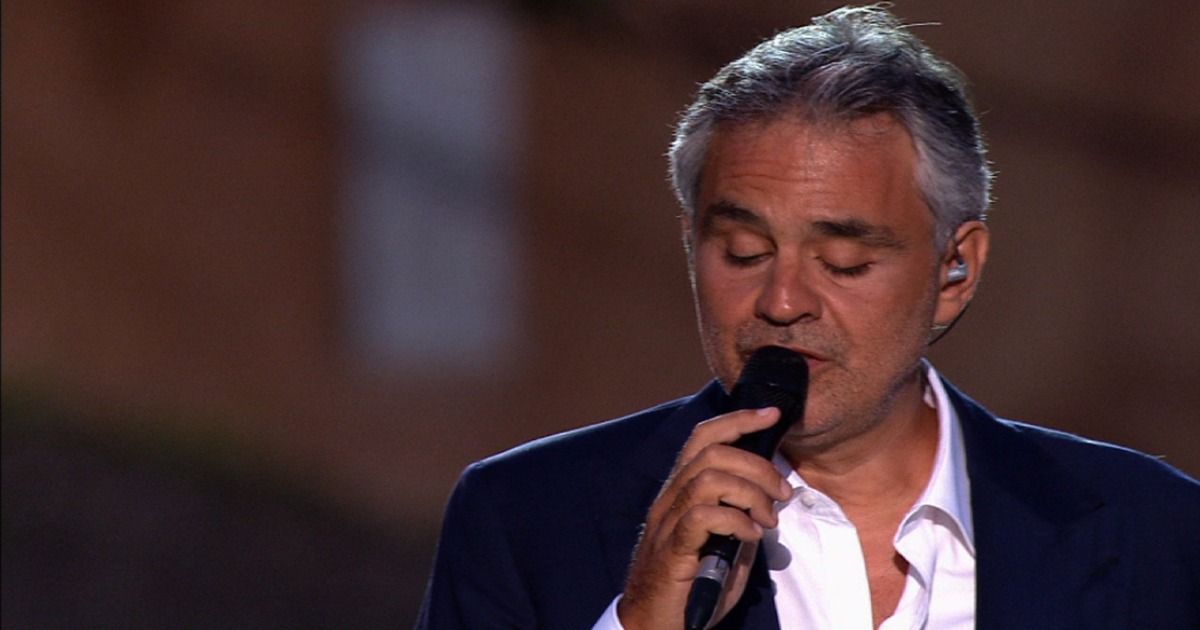Today, America retains the title of “World Police,” mostly due to the policies and actions of former national security adviser and Secretary of State Henry Kissinger. The policies that Kissinger implemented in his time serving President Richard Nixon have had a staggering effect on politics today.
During his time as Secretary of State, Kissinger worked to gain Nixon’s approval by encouraging diplomacy through violence. Kissinger practically invented the idea of bombing a country into submission, an idea which has been echoed by political leaders ever since. Due to Kissinger, between 1969 and 1973, the U.S. dropped half-a-million tons of bombs on Cambodia alone, killing at least 100,000 civilians. This was a direct result of secret plans which re-routed missiles from Vietnam to Cambodia on the orders of Kissinger and the paperwork these plans produced were promptly burned.
During the Gulf War, it was pressure from Kissinger on any and every news network which urged President George H. Bush to strike hard and fast. Similarly, during 9/11, the rhetoric of evil-doers was cemented into the public consciousness as President George W. Bush declared that “America’s responsibility” was to “rid the world of evil.” Due to the precedent set by Kissinger in Cambodia, Bush and the American people felt that any level of force used was necessary and justified.
When reflecting on his policies during the flurry of 9/11, Kissinger remarked, “Whether we got it right or not is really secondary.” A haunting remark on the flimsy nature of political rhetoric and a reminder that sometimes it is the result, not the intent, which matters most.
An idea that was once completely foreign to American politics has now become as deeply ingrained in the American conscience as apple pie. Violence is justified if it is a means to an end; even if the end doesn’t really benefit anyone in the long run.
Read more about this at Salon “Henry Kissinger’s genocidal legacy: Vietnam, Cambodia and the birth of American militarism.”


